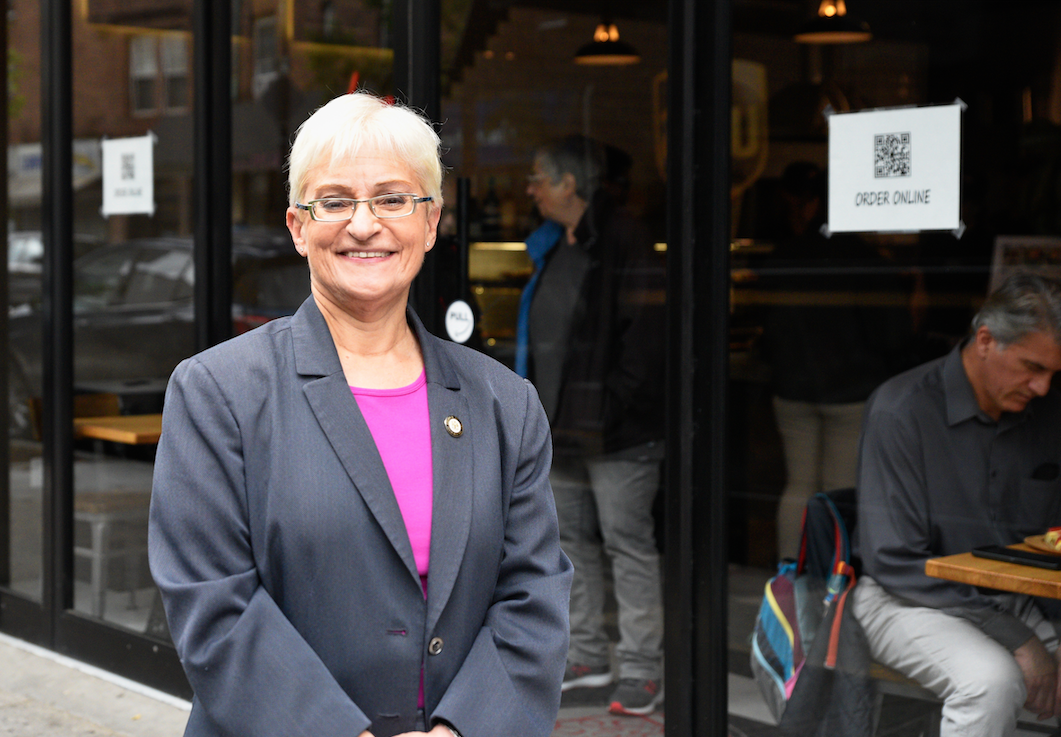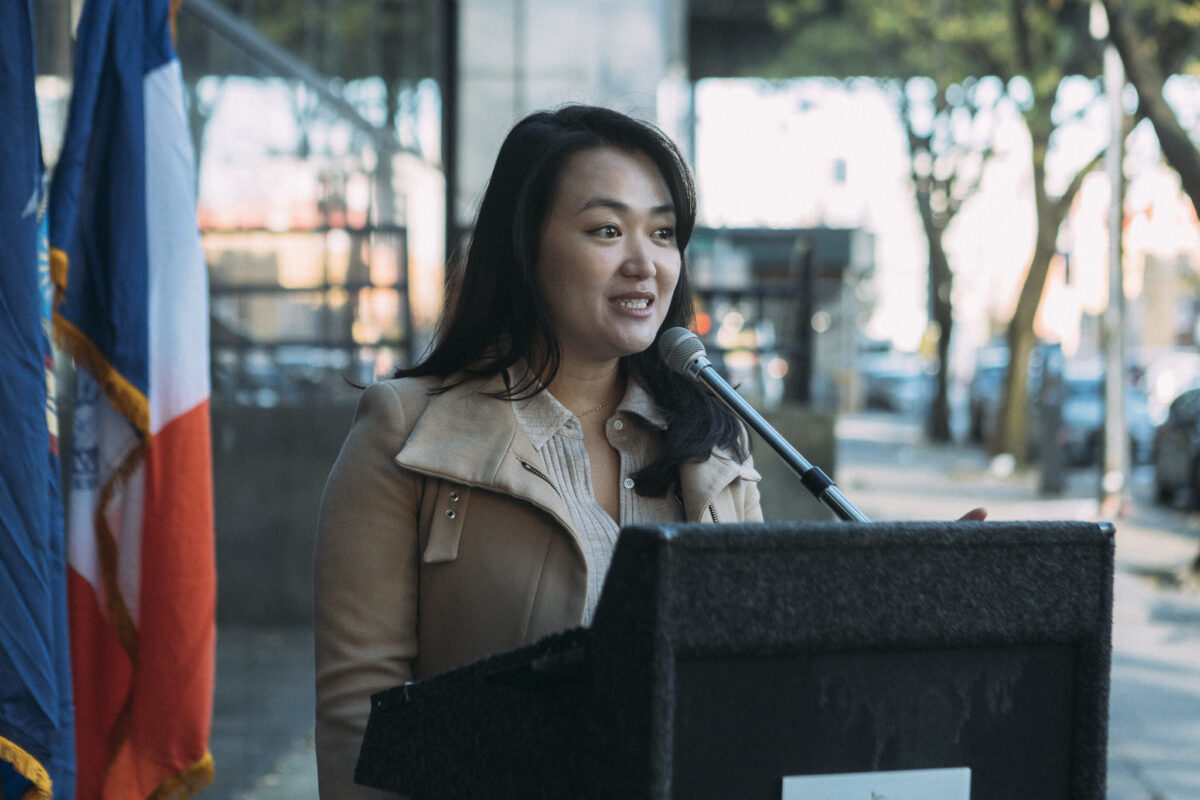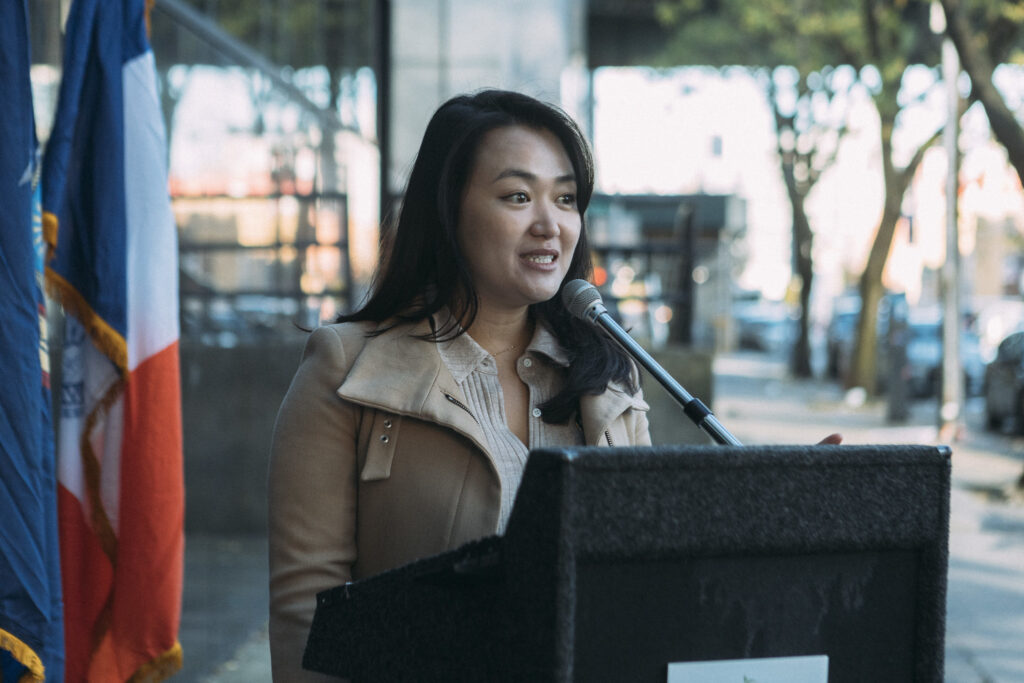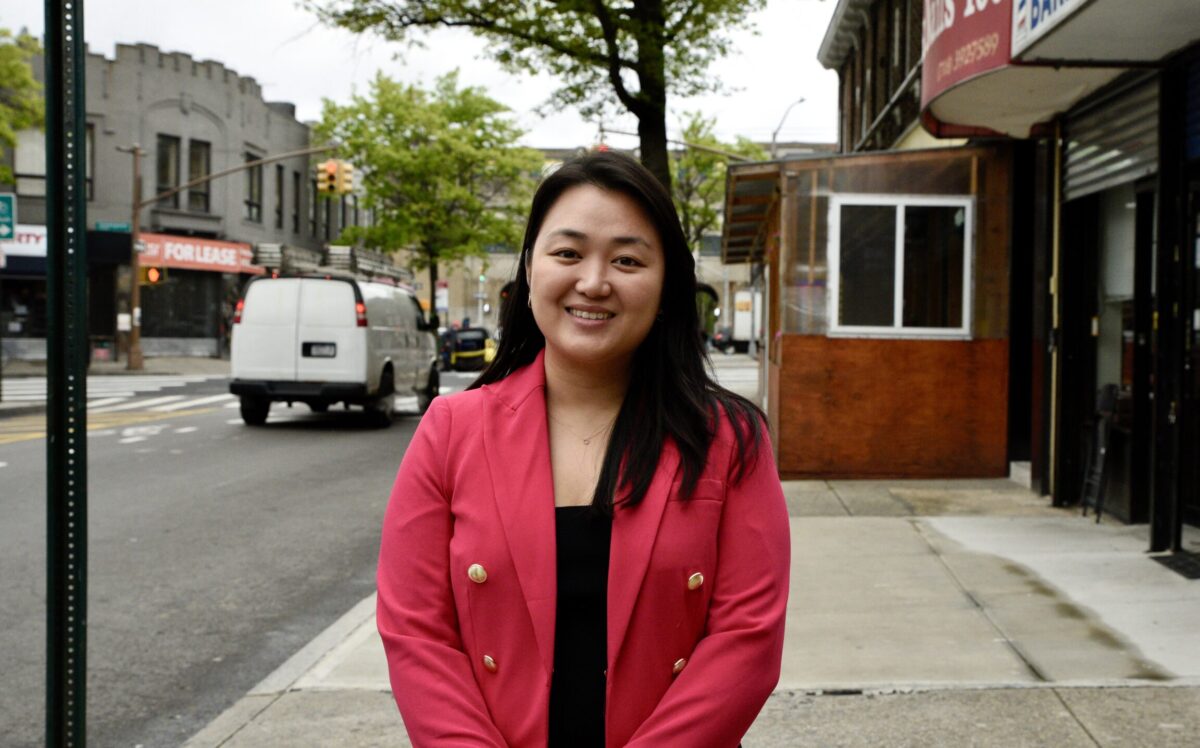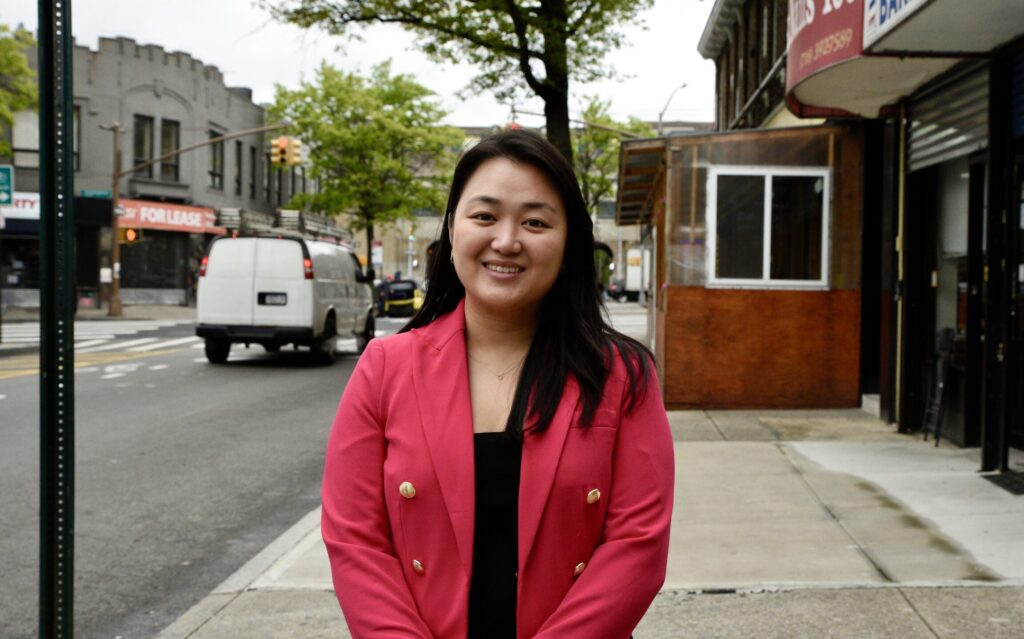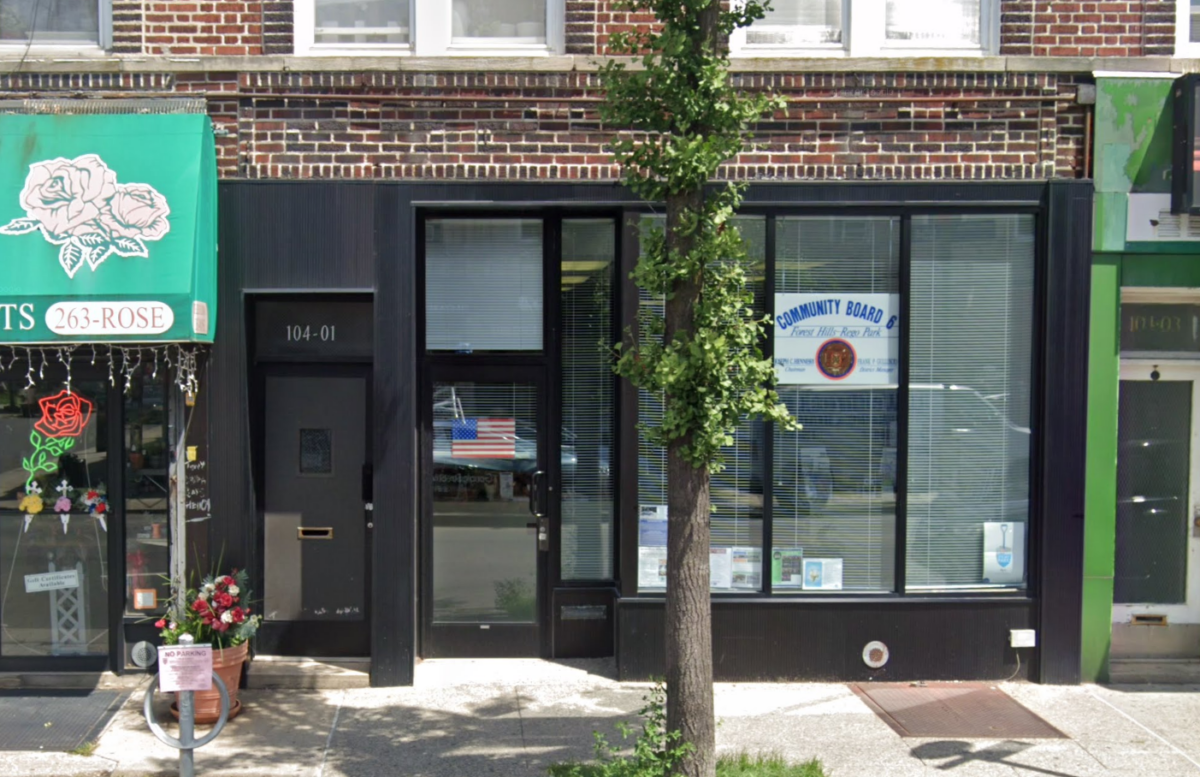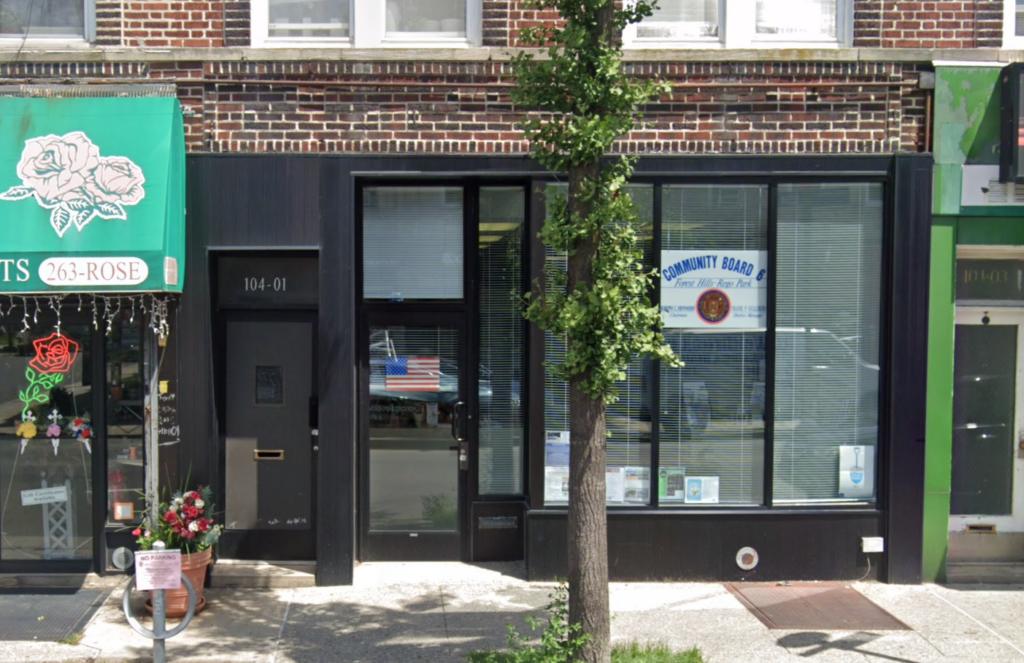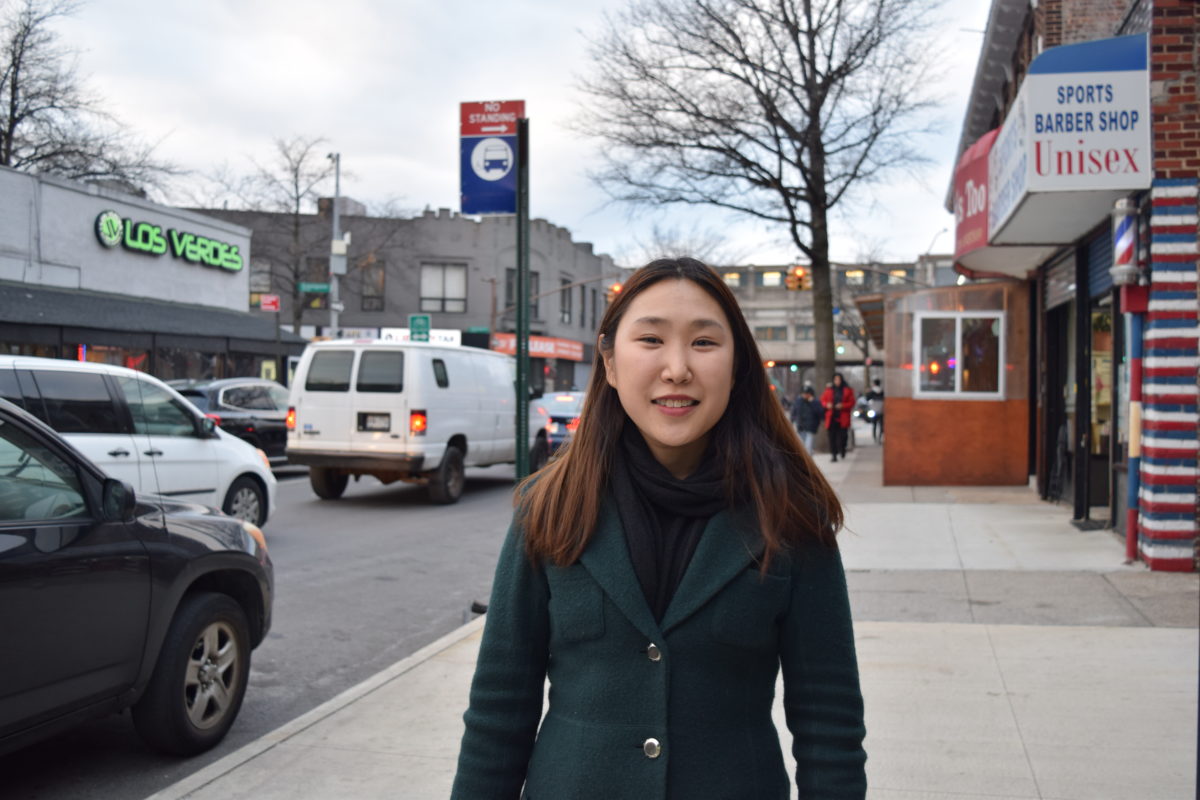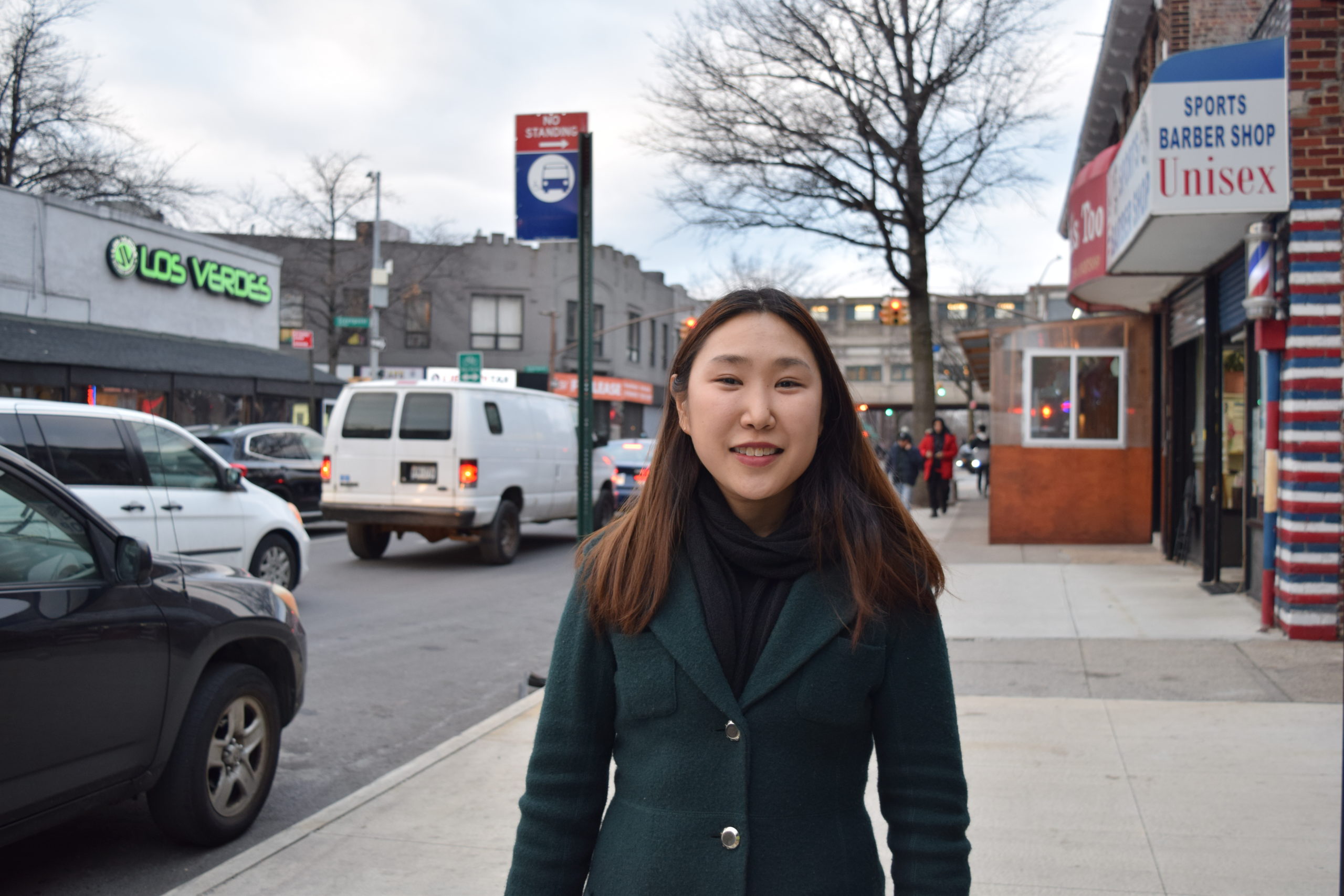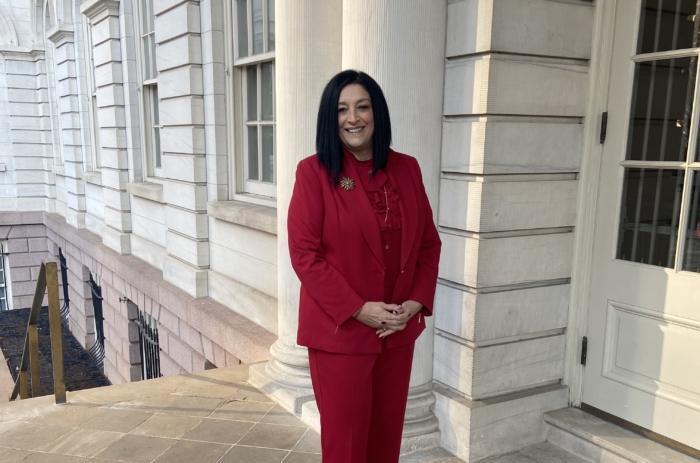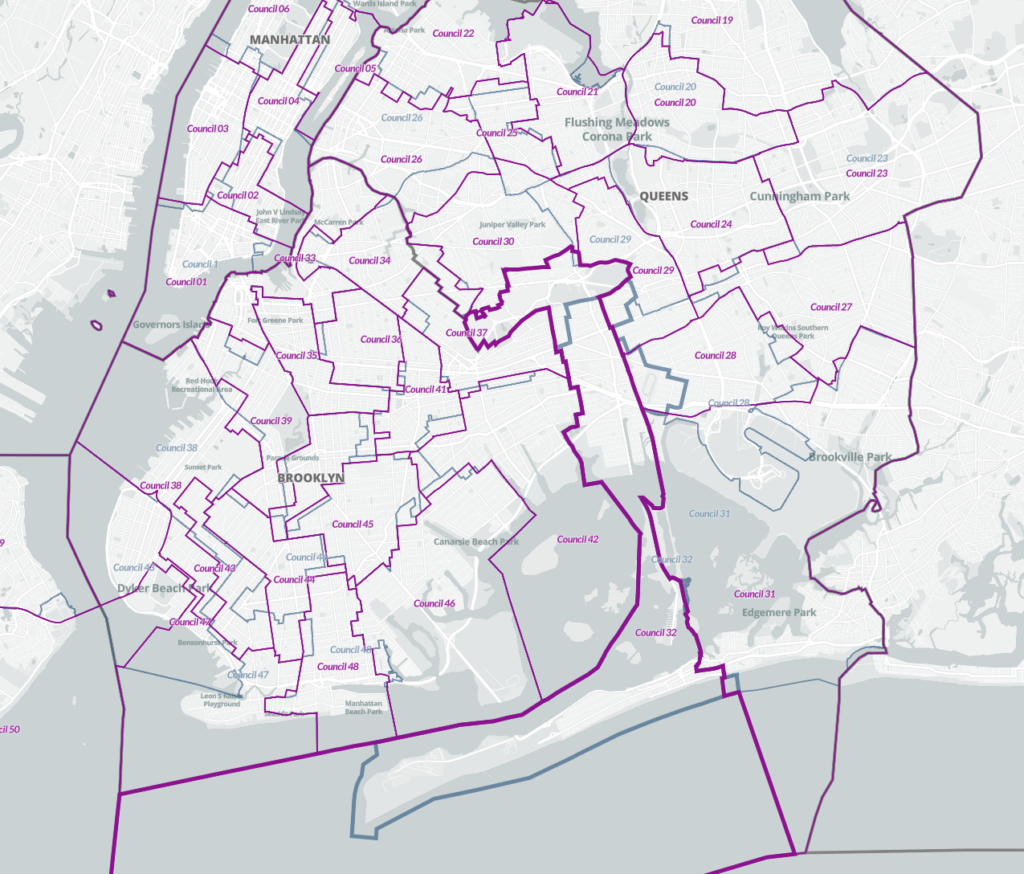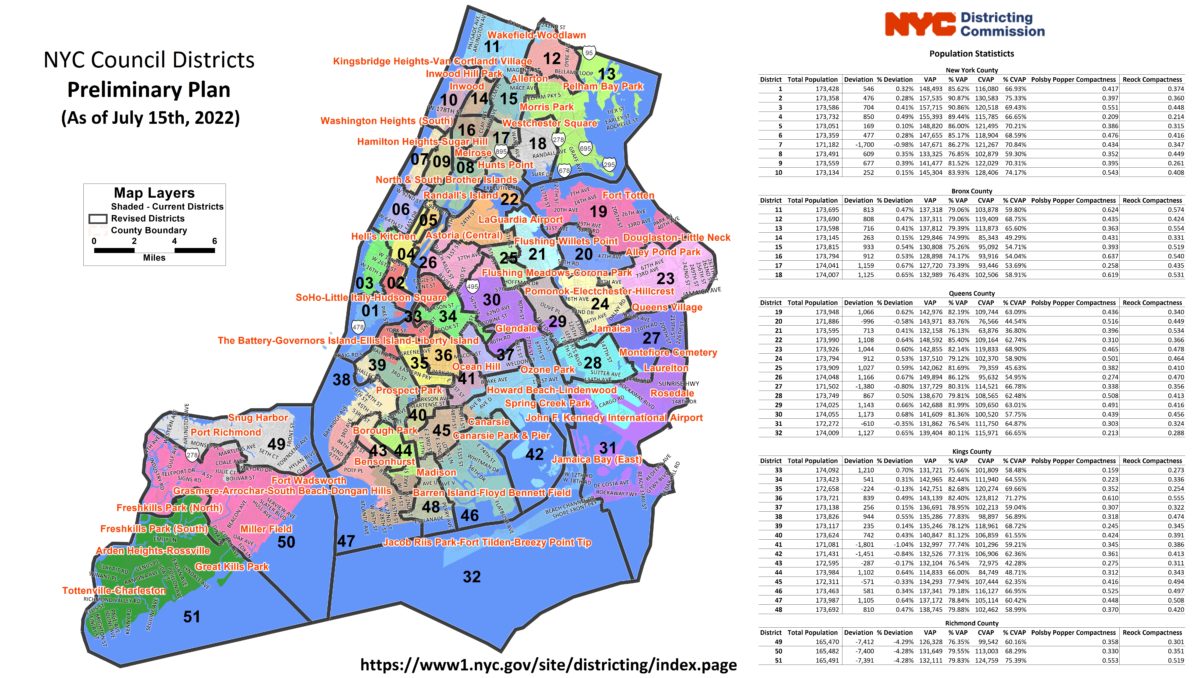Schulman Will Represent District 29 in Second Term
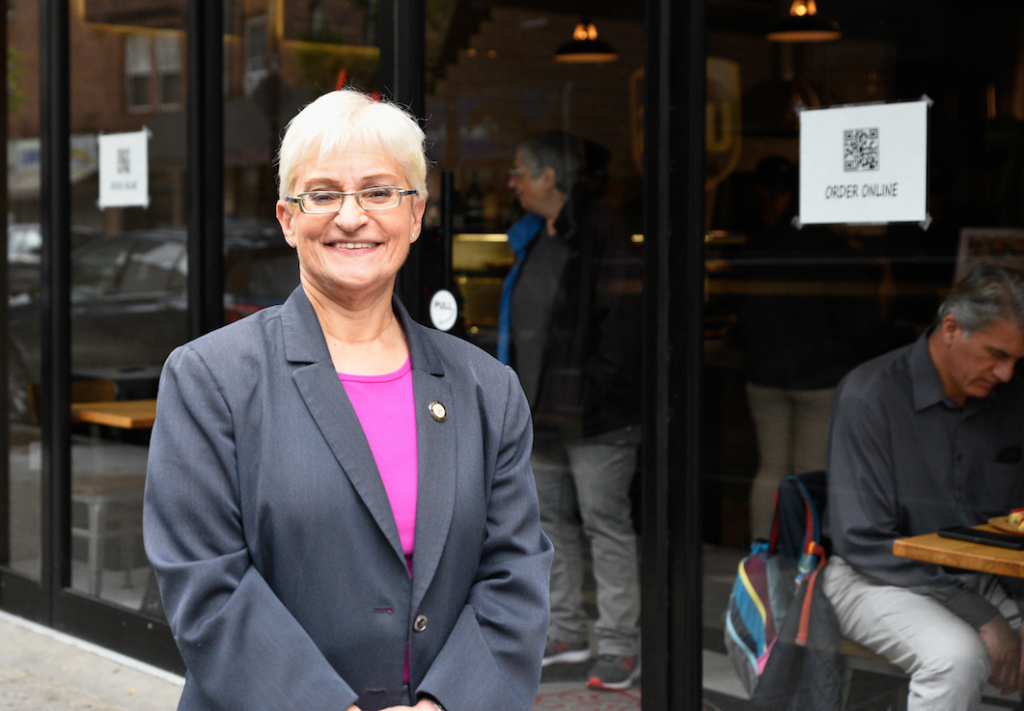
By Iryna Shkurhan | ishkurhan@queensledger.com
City Councilmember Lynn C. Schulman secured just over fifty percent of the vote in the democratic primary on July 27, landing a second term representing District 29.
“Now that the results are in, I am heartened by my decisive victory in this primary. This is a result of showing up for our communities, speaking to neighbors, and producing results since I took office,” said Schulman in a press release. “We have fought to make our district healthier and safer, invest in our schools, and support our seniors — and we have succeeded.”
Schulman grew up in Forest Hills and served as Vice-Chair of Community Board 6 for more than 20 years. Throughout her professional career, she served in various roles in government, and in both private and non-profit industries. As a progressive, she is a staunch advocate of LGBTQ rights, accessible healthcare and quality public school education.
“Government can be an incredible tool for our communities if we elect the right people, and as our country veers to the right, we are reminded how vital it is to have progressive women at all levels of government, including the City Council,” said Schulman.
In her first term, she introduced a bill that will hold landlords accountable for leasing to a tenant that uses the space for the distribution or sale of cannabis products without a license.
Running against her was Ethan Felder, an advocate for climate action, more funding towards education and addressing the housing crisis. Progressive Sukhi Singh, a small business owner and Sikh community leader also ran for the seat on a campaign that denounced city council cuts to education in the budget and the lack of affordable housing.
“Thank you to everyone who voted and supported our campaign for change. From the start, our campaign and its people wanted to present a new way of doing politics in our community: one centered in serving people,” said Felder on Twitter the morning after election day. “We engaged our neighborhoods in elevated dialogue about the future, included the perspectives of our youth, and set forth concrete plans for education, public safety and healthcare.”
Felder secured 34.58 percent of the vote, and Singh gathered 10.71 percent, with 99 percent of votes reported, according to unofficial data from the NYC Board of Elections.
“While we may not have earned the most votes, I am deeply grateful to the over 2,000 people who believed and voted for change,” continued Felder. “This movement towards an inclusive and participatory politics must continue – together.”
Schulman is Chair of the Aging Committee and sits on various other committees – Aging, Education, Fire and Emergency Management, Governmental Operations and Criminal Justice. She is also a member of the Jewish, LGBT and Women’s Caucuses.
“We won our primary by building bridges — the same way we are delivering results in the City Council. With the help of a broad coalition of diverse community leaders, colleagues in government, and organized labor, I spread across our Queens communities my vision for the change we need,” said Schulman.
The election occurred just two years into the term due to redistricting which responds to decennial census data. City law requires an off-cycle election every other redistricting cycle to address significant changes to boundaries.
Sections of Rego Park were lost in redistricting, but now the district encompasses the majority of Richmond Hill. The district also gained approximately 5,000 voters, bringing it closer to the citywide average for council districts.
In November, Schulman will go up against Republican Danniel Maio who previously ran for the Queens borough president role.
“Lastly, I am humbled by the opportunity to continue to represent the community I grew up in, alongside the new constituents I have gained,” she said. I am beyond excited to be on my way to a second term in the City Council advocating for a Queens of the future that we can all be proud of.”



